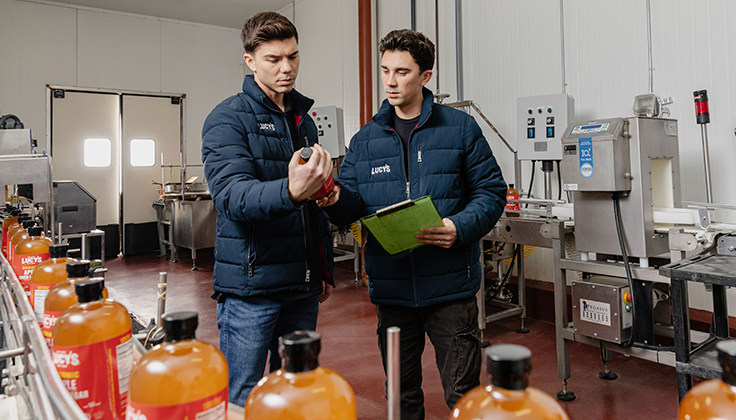Audit findings are flagged as high-, medium-, or low-level depending on severity. When high-level issues are identified, suppliers must develop corrective action plans to address identified issues as well as long-term plans to prevent recurrence. As necessary, suppliers must also undergo follow-up audits to confirm the sufficient remediation of identified issues. For medium-level issues, we track and confirm meaningful progress toward resolution through corrective action plans, while we monitor low-level issues for continuous improvement through maintenance audits.
Expanding our supplier audit program
In 2024, we strengthened our global human rights risk management by expanding our supplier audit program to reach more of Amazon’s global logistics network. While our audits have traditionally focused on Amazon-branded product suppliers, we recognize risks to workers exist throughout our supply chain. By broadening our scope to include third-party labor, service, and not-for-resale goods providers in our logistics, warehousing, and construction supply chain, we demonstrate our commitment to making human rights risk mitigation central to our logistics business strategy and daily decisions. Given the scale and complexity of our global logistics supply chain, we began by auditing suppliers operating within our facilities, building upon our established processes and tools. Over the next several years, we plan to expand these audits to our global transportation supply chain, developing approaches tailored to different businesses and supplier categories, to enhance our assessment of third-party service providers’ compliance.










